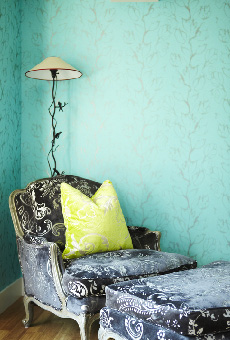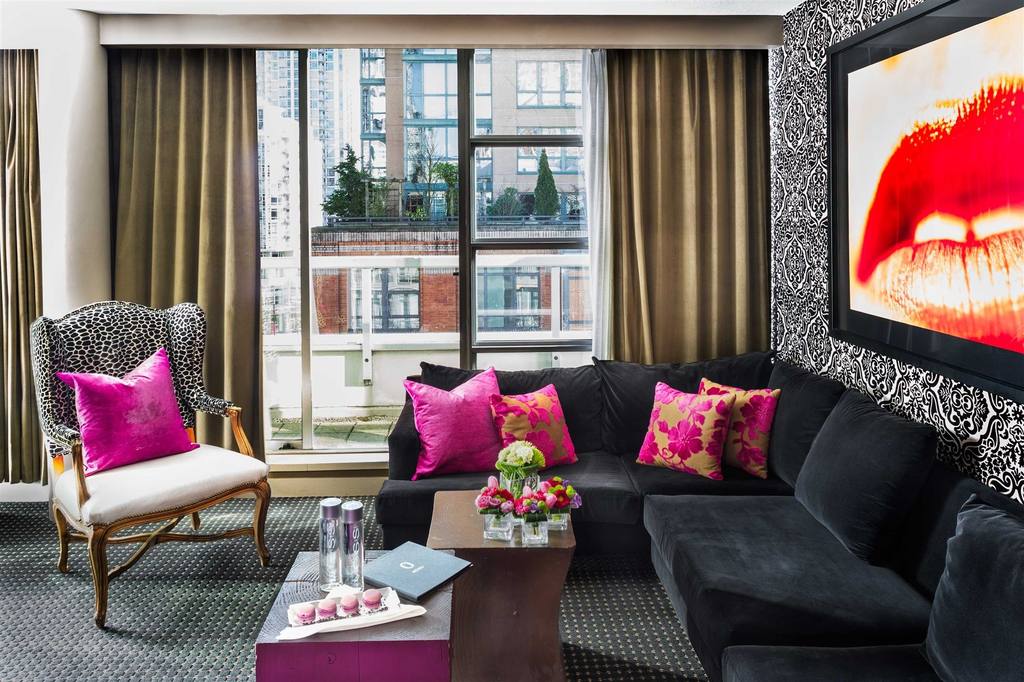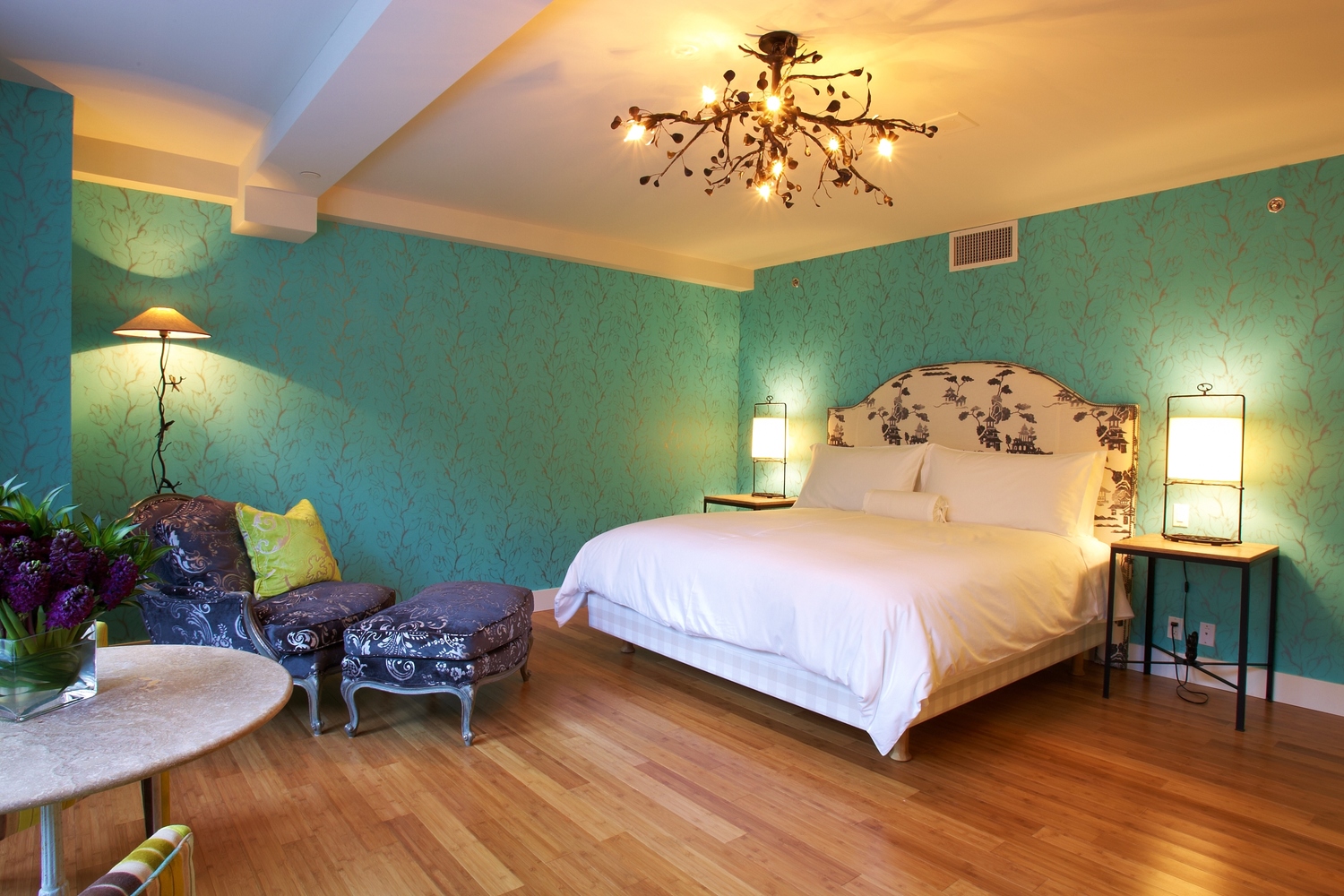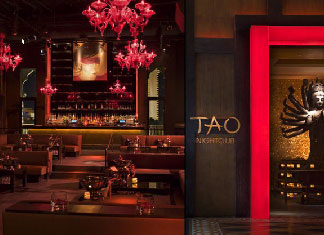Smaller is better: The rise of the boutique hotel
- Caifu Magazine | by Caifu Global
- EN
The world is getting smaller, and travellers who perhaps, at one time found the homogeneity of large hotel chains comforting, now desire something more, something stylish, comfortable, and most of all unique.
Hence the rise of the boutique hotel. There isn’t a major city, or tourist spot that doesn’t have at least one, and more likely several, small stylish hotels that brand themselves 'boutique.’ In reality most hotels were originally boutique before Ritz-Carlton created the concept of chains and the American hotel industry perfected the idea in the 20th century of the same room, same service for consumers wherever they were in the world.
In reality most hotels were originally boutique before Ritz-Carlton created the concept of chains and the American hotel industry perfected the idea in the 20th century of the same room, same service for consumers wherever they were in the world.
But as that concept became thoroughly middle-class the idea of marketing small stylish hotels to the fashionable set came of age.
The original idea is largely credited to Ian Schrager, co-founder of legendary nightclub, Studio 54, as a result Schrager already had a good idea of how to be trendsetter to the cognoscenti, and in 1984 opened Morgans Hotel in NYC.
But it’s really in the past 15-16 years that boutique hotels have moved from trendy outlier to industry standard.
“I think the boutique craze is an evolution of hotel consumers and demographics,” says Jeff Froehlich Director of Sales and Marketing of Vancouver’s Opus Hotel, which for the past 13 years (he’s been with them from the beginning) has been the place to stay for fashionable types visiting the city.
He agrees that Schrager is the father of the boutique hotel industry. “Ian Schrager’s hotels set the standard, also the Kimpton Group, which has a very loyal following.”
The Kimpton Group, founded by Bill Kimpton in San Francisco in 1981 largely mirrored on the Westcoast of the U.S what Schrager was doing in NYC and Miami. Although it is actually Bill Kimpton who is credited with coining the term, 'boutique hotel.’
“It’s really a bit of a chicken and egg type of question,” says Froehlich. “Are they boutique hotels because they’re small and stylish or were small stylish hotels created to be boutique hotels? Look at Miami beach (where Schrager opened his second hotel The Delano), it’s a mecca for boutique hotels, all those small, well some are quite sizable, but their [art deco] style, the cool colours, the bars, it put South Beach on the map.”
As he notes – bars, boutiques are not just a place to stay, both Kimpton and Schrager recognized early on that part of the appeal of a boutique hotel is having a trendy bar and restaurant attached.
The Opus Hotel’s Opus Bar, which itself wouldn’t look out of place in South Beach, became a trendy gathering place from the moment the hotel opened.
The hotel restaurant, La Pentola (one of several incarnations) is an award winning restaurant, which is largely the industry norm; whether it’s Kimpton’s Scala’s Bistro on Union Square or Schrager’s Bianca in South Beach or the dozens of other restaurants between them or the dozens of others around the world, boutique hotels have become almost synonymous with high quality eateries. Froehlich says for Opus Hotel their hotel and bar have to be the very best to meet the expectations of their guests, as well as to be competitive with the many other bars and restaurants in their trendy Yaletown location.
Froehlich says for Opus Hotel their hotel and bar have to be the very best to meet the expectations of their guests, as well as to be competitive with the many other bars and restaurants in their trendy Yaletown location.
Krista Francescut, Director of Operations at the Ivy at Verity boutique hotel in Toronto explains that for the hotel industry in general a well-regarded restaurant is, or at least should be an important part of any hotel. For boutiques it’s just that much more important since they rely on a loyal customer base, not high volumes for their business model.
“Our business model was a little different from other boutique hotels, since we were a women’s club and started with a very high end restaurant (the award winning George). A restaurant is critical to any hotel because everyone eats out when travelling, plus it’s a draw. For a very small hotel like the Ivy (just four rooms) where our business plan is all about maintaining the highest levels of hospitality, a really good restaurant helps us maintain that high standard of service.” Or as Froehlich observes in the case of many boutiques, like Schrager’s or Kimpton’s, “They’re almost better known for food and beverage [than hotels].”
Or as Froehlich observes in the case of many boutiques, like Schrager’s or Kimpton’s, “They’re almost better known for food and beverage [than hotels].”
But a trendy bar and a good restaurant do seem integral to the boutique hotel business, whether it’s a group of hotels or a single operation.
Francescut explains that’s largely because the appeal of boutique hotels is not just luxury but a unique experience.
“We’re not cookie cutter, a boutique hotel makes you feel like you’re someplace special, we offer a restaurant, spa all under one roof and more importantly, staying here, as opposed to a luxury hotel like the Four Seasons, is better than a night in your own bed. It’s like living in the city not just staying.”
The Ivy, unlike the Opus, which was built from scratch, is located in a converted 1850s chocolate factory. It is in one of the oldest neighbourhoods in Toronto, and like the Opus it is close to shopping, the downtown business district and nightlife.
That tends to be one of the hallmarks of boutique hotels, locations in artsy, trendy neighbourhoods, with either unique architecture purpose built, or repurposing old architecturally interesting buildings. Such as the Waterhouse at South Bund in Shanghai, which converted a 1930s warehouse, or the J Plus Hotel by Yoo, Hong Kong’s first boutique hotel designed in striking post-modernist style by Phillipe Starck (the designer behind many of Ian Schrager’s hotels). Then there’s Ace Hotels’ Palm Springs location (one of nine internationally) that took an old motel with a Denny’s Restaurant attached, gave it a makeover and quickly became the see and be seen place for young hipsters in that resort community.
However as the boutique hotel trend continues and these unique hotels are being swallowed by large hotel chains do they lose the charm that made them so appealing in the first place?
In 1998 Starwood Hotels and Resorts opened their first W Hotel, W New York (like Morgans it was a conversion of an historic hotel). W now has close to 50 hotels in 24 countries. They are almost self-consciously trendy, with a steady stream of 'happenings’ at their various hotels, music and fashion events to encourage the impression that to stay at a W is to be at the centre of it all.
“The idea of boutique hotels has really been stretched,” says Froehlich. “The Kimpton Group (absorbed by Intercontinental Hotels in 2014) is a good example of creating a chain in the boutique model, Kimpton showed that can definitely work. But hotels with 300-400 rooms, which a lot of W hotels are, is it really boutique? Maybe in New York, but normally beyond 150 rooms you’re no longer considered boutique.”
And it’s being smaller that’s allowed companies like Opus Hotel to maintain a strong loyal following.
“A 100 percent we’ve been able to react faster to changes and trends than chains.” Froehlich who has worked at chain hotels (he won’t say which ones) before joining Opus Hotel, says they move at a glacial pace. “The default answer at the large chain hotels when it comes to implementing something new is no. whereas we are always staying current with what our guests want.”
He gives the example of the Checkmate app, which allows guests to text the hotel. “That’s been a great success, guests don’t want to pick up the phone, they just text us their preferences.”
Francescut says The Ivy relies on more old world amenities for guest satisfaction.
“All of our king-sized beds are custom made in Sweden. Our bed linens, towels are all-naturel made from the finest materials. Every room is unique, we use top of the line for every product, we have a private terrace in the middle of the city, we exceed expectations.”
Neither companies do aggressive marketing, instead relying largely on good word of mouth or targeted social media campaigns.
That said, both Francescut and Froehlich say their respective companies would like to add locations, since as young creative types multiply the world over their collective desire to stay at the latest, most fashionable, hippest hotel will only increase.
[/vc_column_text][/vc_column][/vc_row]















